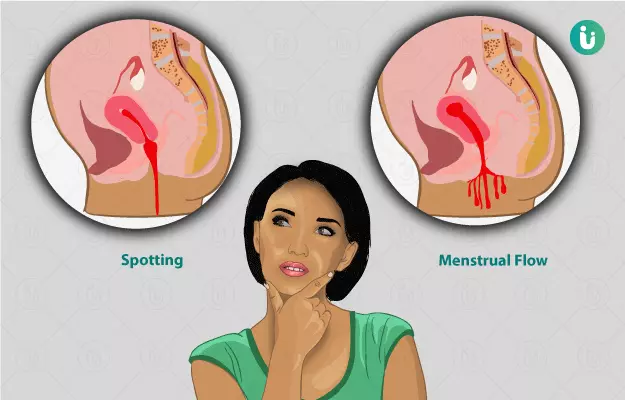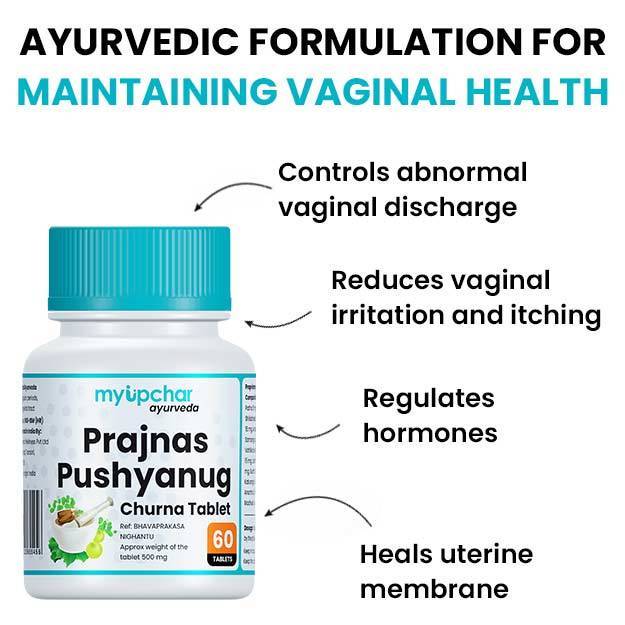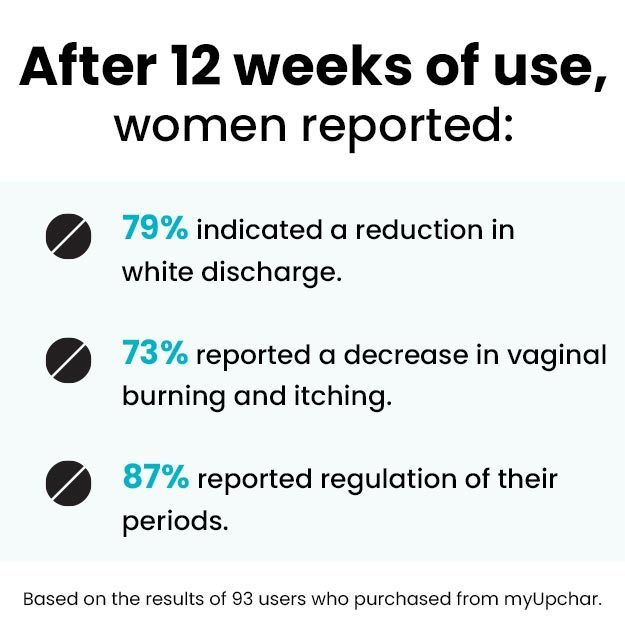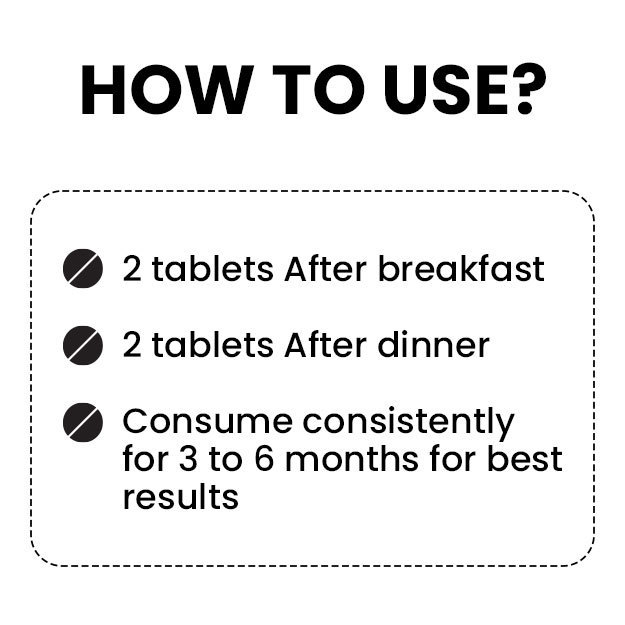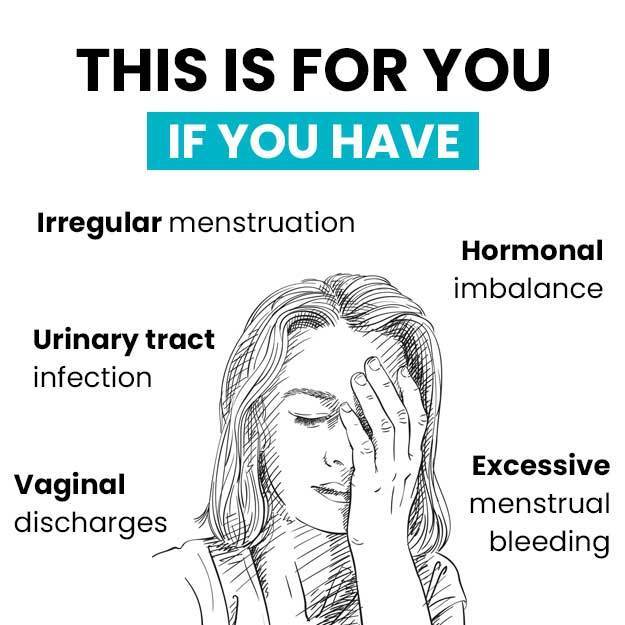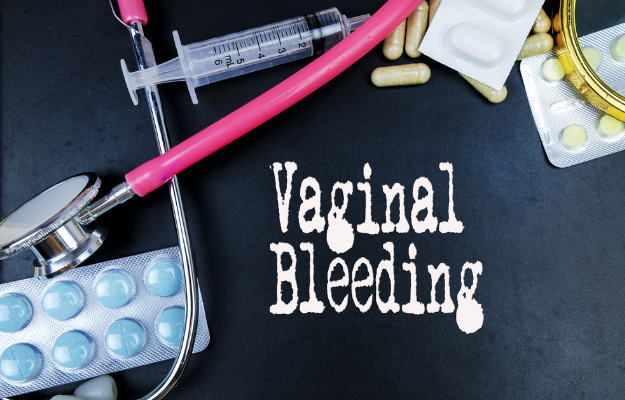Any bleeding which occurs from the vagina is known as vaginal bleeding. When it happens normally due to menstrual cycle it is known as menorrhoea. However, a heavy menstrual bleeding or any abnormal bleeding, which occurs other than a woman's monthly menses is a matter of concern.
There are various causes of vaginal bleeding, which might be related to factors other than the reproductive system. The causes of vaginal bleeding may be broadly classified as reproductive, iatrogenic (due to medical treatments), and systemic (an underlying health condition for example).
Abnormal bleeding from the vagina should not be ignored and should be reported to a doctor at the earliest because it may indicate a serious underlying medical condition. Timely diagnosis and treatment of an abnormal vaginal bleeding are very important for the reproductive as well as the general health of the woman. The treatment of vaginal bleeding depends on its underlying cause and may include medication, hormone therapy, and if needed, a surgery.


